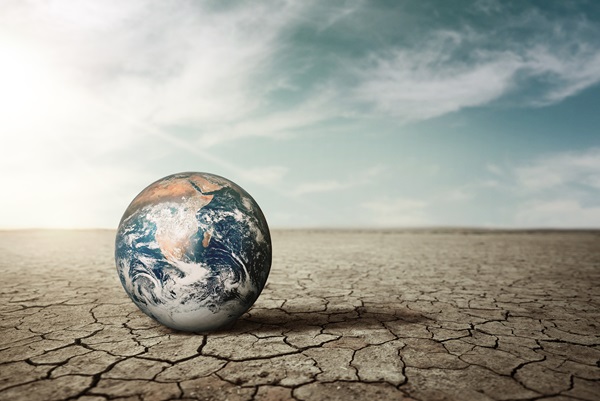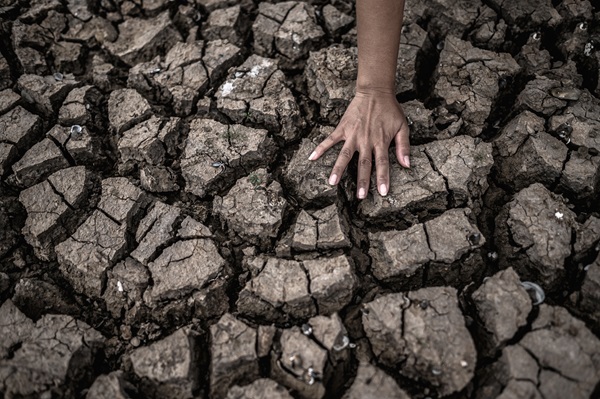The effects of climate change on public health are increasingly becoming a matter of concern worldwide. Climate change, primarily driven by human activities such as the burning of fossil fuels and deforestation, is leading to a range of environmental and ecological changes. These changes, in turn, have significant implications for human health. Here are some of the key ways in which climate change affects public health:

10 Impactful Effects of Climate Change on Public Health
- Extreme Heat and Heat-Related Illnesses: Climate change results in more frequent and intense heatwaves. Prolonged exposure to extreme heat can cause a range of health issues. Heat-related illnesses, like heat exhaustion and heatstroke, are common effects of climate change on public health. The urban heat island effect, where cities are significantly warmer than their surroundings, can amplify these problems in urban areas. Vulnerable populations, such as the elderly, children, and those with chronic conditions, are at a higher risk.
- Vector-Borne Diseases: Warmer temperatures and altered precipitation patterns create favorable conditions for disease-carrying vectors. For example, malaria transmission zones are expanding as mosquitoes thrive in warmer climates. Similarly, the range of ticks that transmit Lyme disease is expanding, increasing the risk to human populations. Such diseases can have severe health and economic impacts.
- Air Quality and Respiratory Problems: Climate change contributes to the formation of air pollutants. Increased temperatures can lead to the production of ground-level ozone and particulate matter, which can worsen respiratory conditions like asthma and bronchitis. Wildfires, which are more common and severe due to climate change, release smoke and particulate matter into the air, further deteriorating air quality.
- Waterborne Diseases: Altered precipitation patterns, including more intense rainfall and flooding, can contaminate water sources. This increases the risk of waterborne diseases like cholera, dysentery, and giardiasis. Changes in water availability can also lead to poor hygiene and sanitation, which exacerbate the risk of disease transmission.
- Food and Water Insecurity: Climate change impacts food production and water availability. Droughts and extreme weather events can lead to crop failures, disrupting food supplies and increasing food prices. This can contribute to malnutrition and foodborne illnesses, particularly in vulnerable populations. Water scarcity can result in conflicts over resources and hinder agricultural practices.

Image from Freepiks - Mental Health Impacts: The psychological toll of climate change is often overlooked. People who experience extreme weather events, lose their homes due to flooding, or face crop failures due to drought may suffer from anxiety, depression, and post-traumatic stress disorder. The ongoing stress of living in a changing climate can have long-term mental health effects.
- Infectious Disease Spread: Climate change can alter the distribution of infectious diseases. Changes in temperature, humidity, and ecosystems can bring humans into closer contact with new pathogens. Zoonotic diseases, like COVID-19, can emerge as human activities disrupt natural habitats and increase interactions between humans and wildlife.
- Vulnerable Populations: Climate change disproportionately affects already vulnerable groups. Low-income communities often lack the resources to adapt to changing conditions or recover from extreme weather events. Children and the elderly are more susceptible to health impacts, and those with preexisting health conditions face greater risks.
- Disruption of Healthcare Services: Extreme weather events can damage healthcare infrastructure, making it challenging for individuals to access medical care when they need it most. Hospitals and clinics may be overwhelmed during disasters and chronic disease management can be compromised.
- Migration and Conflict: Climate-induced migration can lead to resource scarcity and conflicts over land and water. Forced displacement can result in overcrowded refugee camps with poor living conditions, leading to increased disease transmission. Conflict and migration have widespread public health implications.

Addressing the effects of climate change on public health requires a comprehensive approach that combines mitigation efforts to reduce greenhouse gas emissions with adaptation strategies to cope with the changes that are already occurring. This includes investing in public health infrastructure, improving disaster preparedness, and promoting sustainable practices. It is a global imperative to protect public health in the face of climate change.



